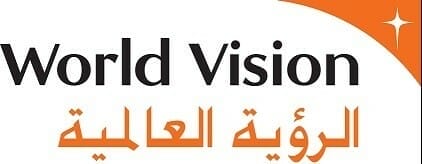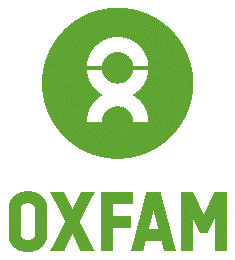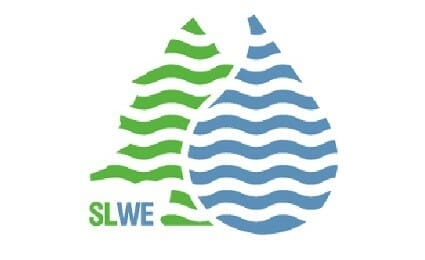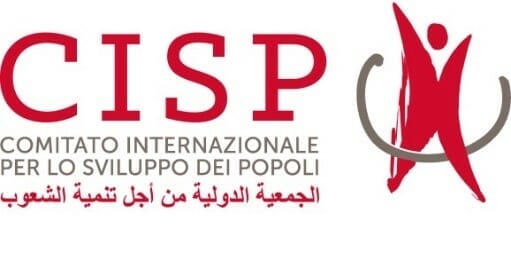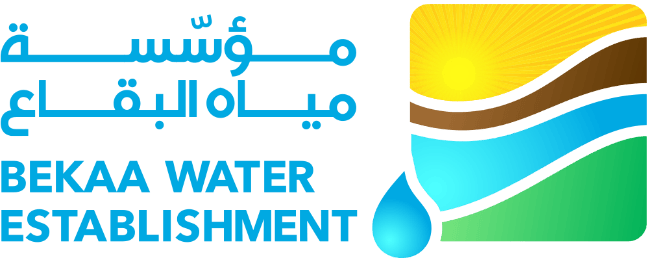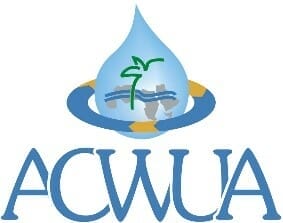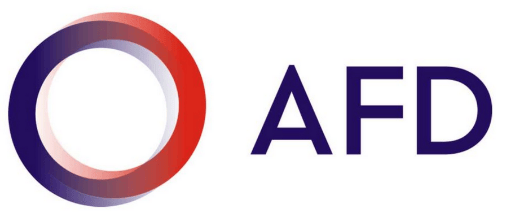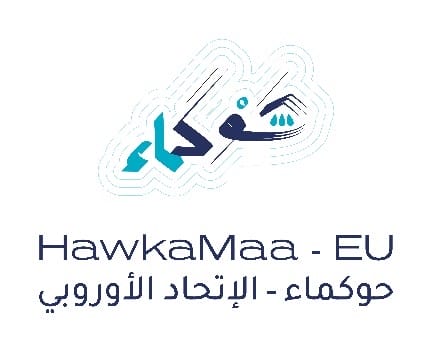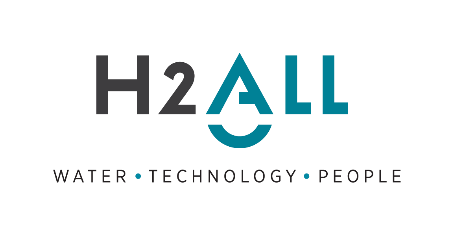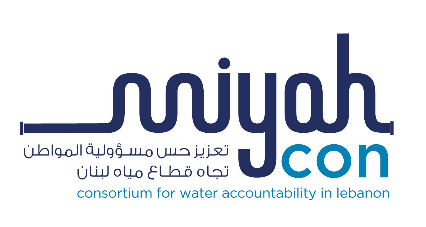Compared to other countries in the region, Lebanon is endowed with many natural water resources. Nonetheless, water services have been increasingly less accessible and water scarcity is a widespread issue. National water sector, due to infrastructural deficiencies and lack of resources, has always struggled to ensure a constant and reliable service.
Water management and drinking water delivery are entrusted to four regional Water Establishment, whose only revenue stream is the flat tariff collected yearly. Although most of households and business benefit, at least partially, from Water Establishment’s service, subscription rate remains very low, and payment rate is even lower. This in turn generates a further deterioration of the level of the service, resulting in a vicious cycle.
The already structurally weak water sector since 2011 has been put under grater pressure by the influx in the country of around a million and a half Syrian refugee and the consecutive humanitarian crisis. Furthermore, Lebanon has been hit by a devastating socioeconomic crisis for the past two years, which has caused more obstacles to the operativity of Water Establishment. Due to the stark devaluation of the local currency, Water Establishment’s purchasing power and capacity to pay their employees’ salaries have been decimated, pushing them on the brink of collapse.
These issues are particularly relevant for the regions of the Bekaa Valley and Northern Lebanon, where a majority of the agriculture produce for the country is cultivated. In these regions, which have been historically neglected by the central government and where the largest number of Syrian refugees reside, some villages do not receive water except for few hours a week. As a result, residents are forced to rely on private water providers, whose prices have skyrocketed during the past two years.
OUR RESPONSE
Our programs in the Bekaa Valley and Akkar region promote efficient and sustainable water resource management, in order to ensure an accessible and high-quality service to all users. Since 2015, through projects funded by the European Union, Bolzano Province and UNHCR, we have been working jointly with Water Establishments and the civil society to improve public water in more than 15 Municipalities, and spread awareness among residents about the importance of subscribe to service and pay punctually.
THREE-TIERED APPROACH
Our Water Governance interventions are based on three-tiered approach:
- Infrastructural improvements: investments for the rehabilitation, expansion, and improvement of water storing and delivery infrastructures are a great component of our projects.
- Capacity building: parallel to the infrastructural investments, project teams and external consultants train, coach, and support the WEs' teams to build their information and management systems, technical and managerial skills, and workflows.
- Community engagement: it is a cornerstone of our approach. Our staff on the field works within communities to spread awareness about the importance of subscribing to the service and paying regularly, improving access to information and reinforcing accountability and mutual trust between Water Establishments and residents.
Through these interventions, and the parallel work with Water Establishments and communities, it has been registered a significant increase of subscription rate and payment rate, which in some communities have exceeded the 80%.
RESULTS
- 6 new boreholes drilled and equipped with pumping station and chlorination systems
- 13 reservoirs built or rehabilitated
- More than 38 km of new water network built
- More than 170,000 individuals reached until now
- More than 130,000 individuals targeted for the period 2022-2024


